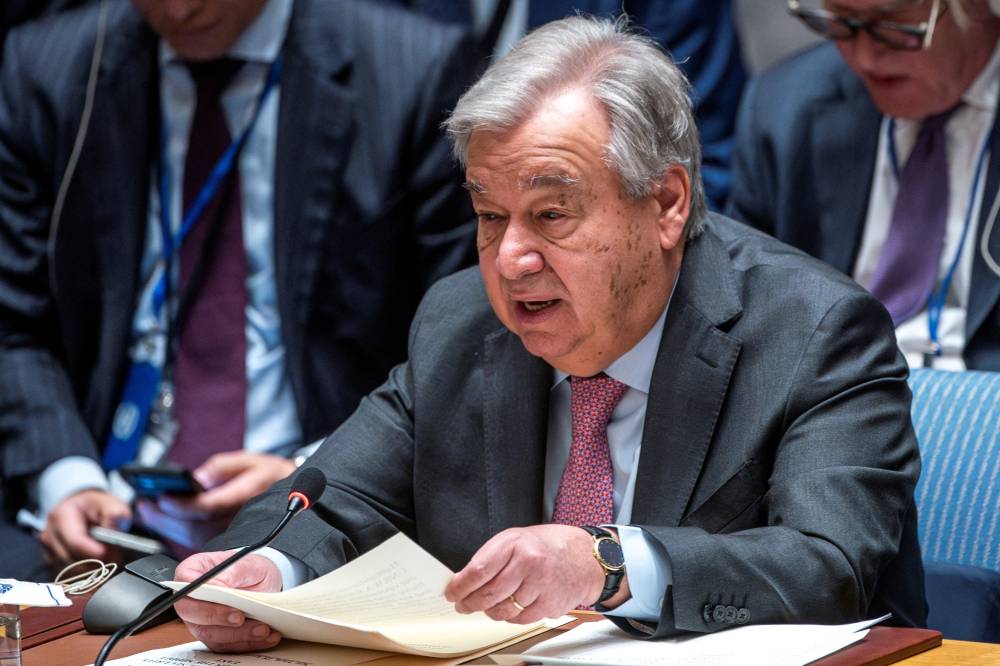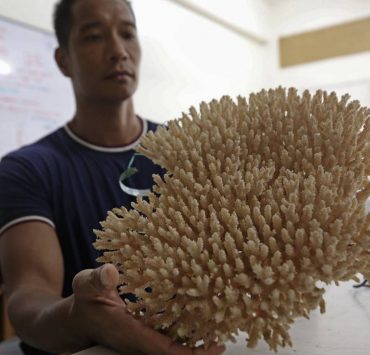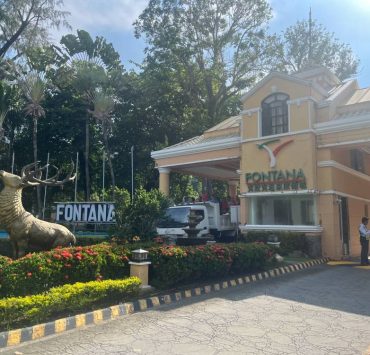Iran moderate, hard-line rivals to face off in presidential runoff

DUBAI—Iran will hold a runoff presidential election on July 5 after neither of the top candidates secured more than 50 percent of votes in Friday’s polls, the interior ministry said on Saturday.
Turnout in the Islamic nation’s presidential election was about 40 percent, according to interior ministry data released on Saturday—the lowest on record since the 1979 revolution.
Iran’s Supreme Leader, Ayatollah Ali Khamenei, had called for a high turnout after casting his vote on Friday.
The vote to replace Ebrahim Raisi after his death in a helicopter crash came down to a tight race between the sole moderate in a field of four candidates and the Supreme Leader’s hard-line protege.
With more than 24 million votes counted moderate lawmaker Massoud Pezeshkian led with over 10 million votes ahead of hard-line diplomat Saeed Jalili with over 9.4 million votes, according to provisional results released by the ministry.

Power center
Power in Iran ultimately lies with Supreme Leader Ayatollah Ali Khamenei, so the result will not herald any major policy shift on Iran’s nuclear program or its support for militia groups across the Middle East.
But the president runs the government day-to-day and can influence the tone of Iran’s policy.
The election coincides with escalating regional tension due to the war between Israel and Iranian allies Hamas in Gaza and Hezbollah in Lebanon, as well as increased Western pressure on Iran over its fast-advancing nuclear program.
While the election is unlikely to bring a major shift in the Islamic Republic’s policies, its outcome could influence the succession to Ayatollah Ali Khamenei, Iran’s 85-year-old Supreme Leader, in power since 1989.
The clerical establishment sought a high turnout to offset a legitimacy crisis fueled by public discontent over economic hardship, and curbs on political and social freedom.
Pezeshkian’s views offer a contrast to those of Jalili, advocating detente with the West, economic reform, social liberalization and political pluralism.
A staunch anti-Westerner, Jalili’s win would signal the possibility of an even more antagonistic turn in the Islamic Republic’s foreign and domestic policy, analysts said.
The election was a contest among a tightly controlled group of three hard-line candidates and one low-profile moderate loyal to the Supreme Leader. A hard-line watchdog body approved only six from an initial pool of 80 and two hard-line candidates subsequently dropped out.
Critics of the clerical establishment say that low turnouts in recent years show the system’s legitimacy has eroded. Turnout was 48 percent in the 2021 presidential election and a record low of 41 percent of people voted in a parliamentary election in March.
Faithful
All candidates have vowed to revive the flagging economy, beset by mismanagement, state corruption and sanctions reimposed since 2018, after the United States ditched Tehran’s nuclear pact.
“I think Jalili is the only candidate who raised the issue of justice, fighting corruption and giving value to the poor … Most importantly, he does not link Iran’s foreign policy to the nuclear deal,” said Farzan, a 45-year-old artist in the city of Karaj.
Pezeshkian, faithful to Iran’s theocratic rule, is backed by the reformist faction that has largely been sidelined in Iran in recent years.
“We will respect the hijab law, but there should never be any intrusive or inhumane behavior toward women,” Pezeshkian said after casting his vote.
He was referring to the death of Mahsa Amini, a young Kurdish woman, in 2022 while in morality police custody for allegedly violating the mandatory Islamic dress code.
The unrest sparked by Amini’s death spiraled into the biggest show of opposition to Iran’s clerical rulers in years.
Reuters, the news and media division of Thomson Reuters, is the world’s largest multimedia news provider, reaching billions of people worldwide every day. Reuters provides business, financial, national and international news to professionals via desktop terminals, the world's media organizations, industry events and directly to consumers.
















